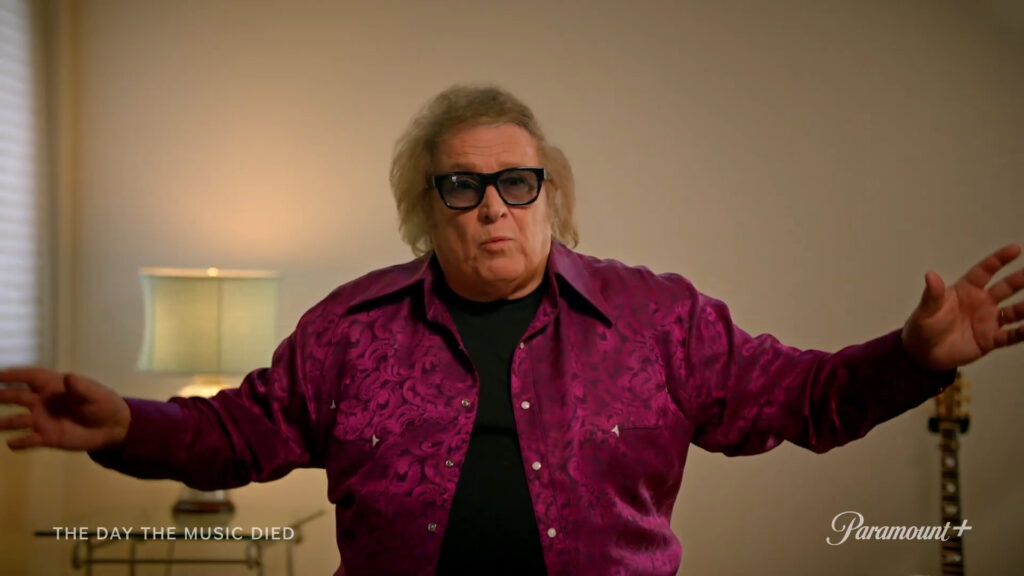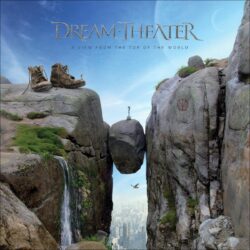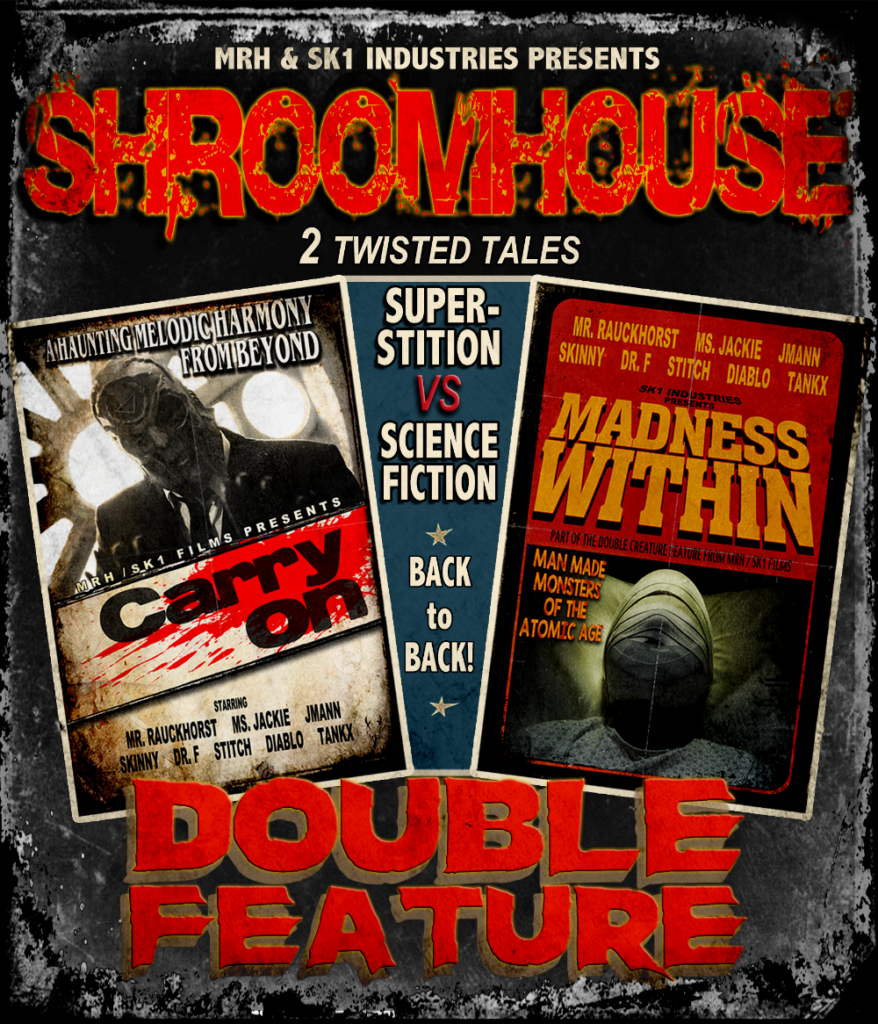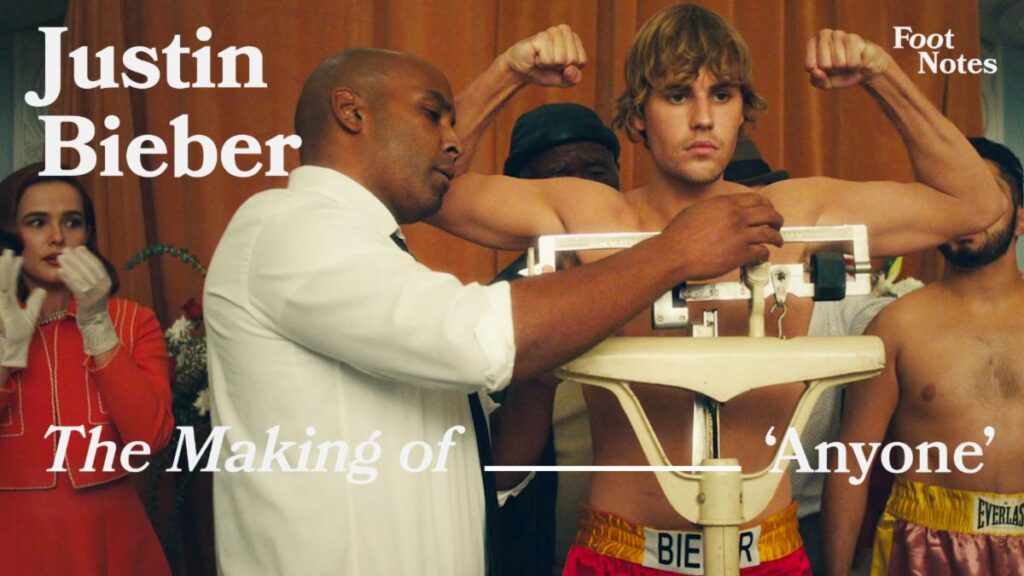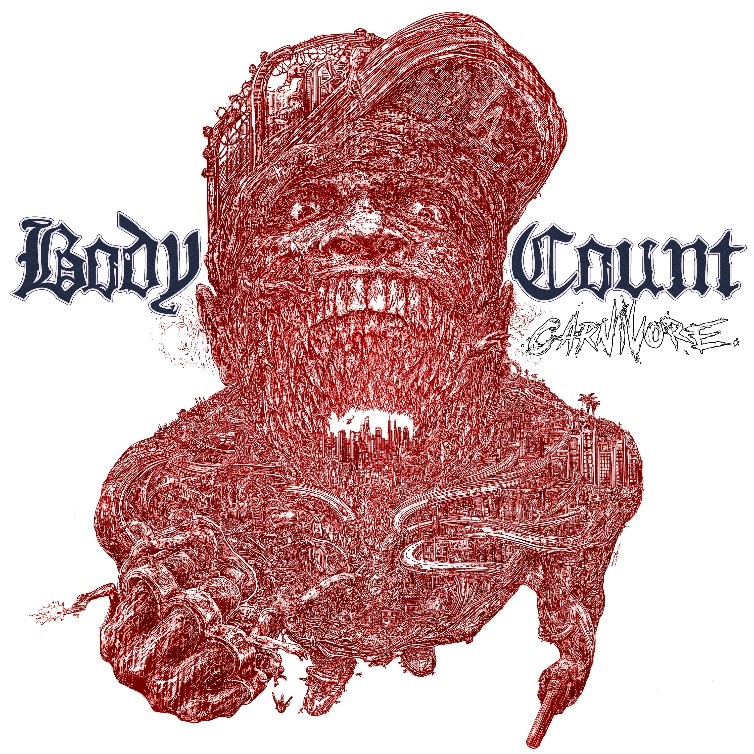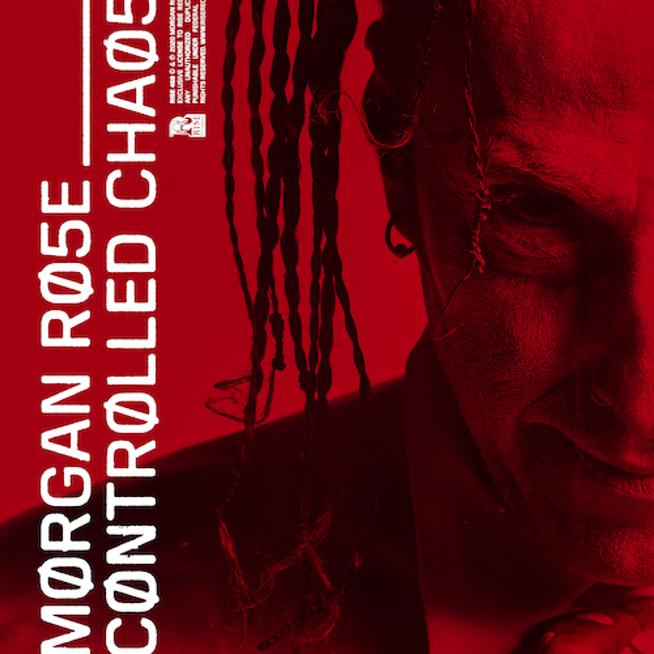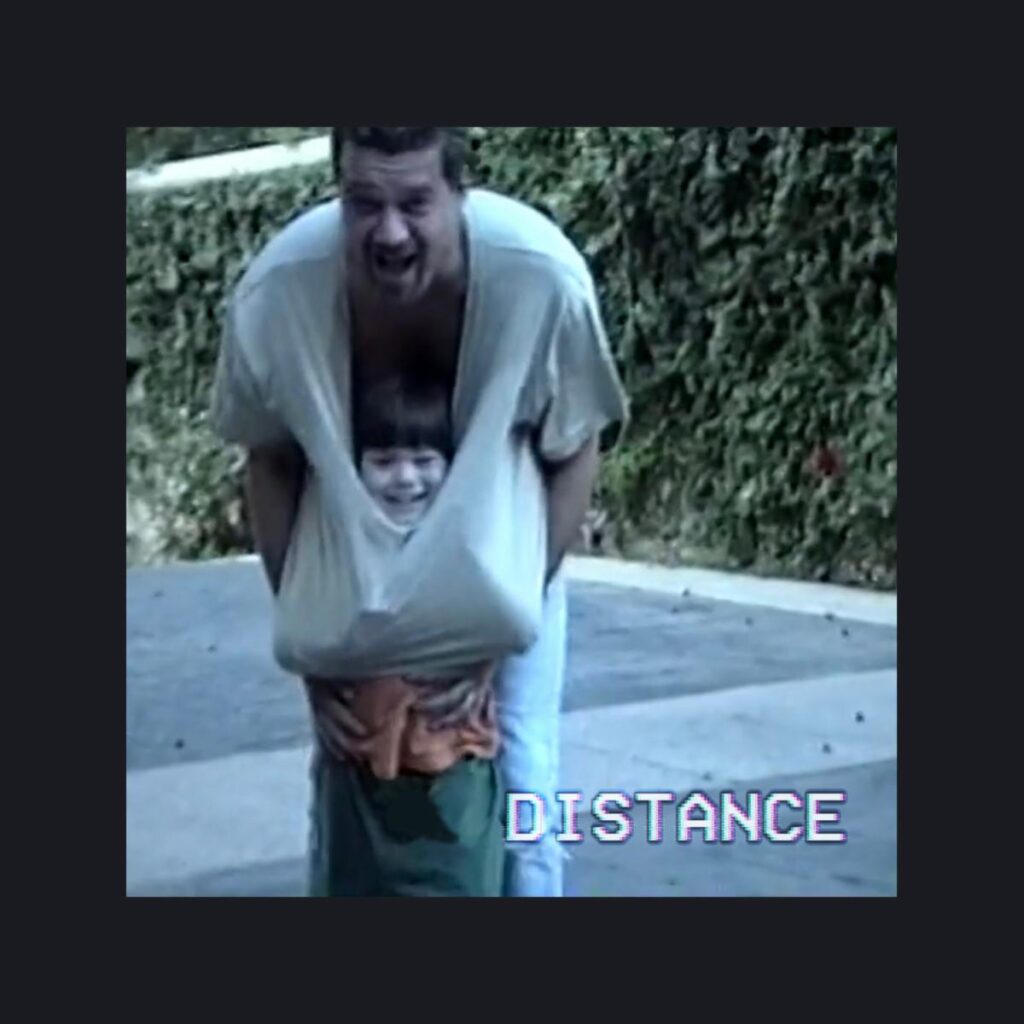- THE DAY THE MUSIC DIED – THE STORY OF DON McLEAN’S “AMERICAN PIE”
- Starring: Don McLean, Garth Brooks and “Weird” Al Yankovic
- Directed by: Mark Moorman
- Rated: Not Rated
- Running time: 1 hr 34 mins
- Paramount +
It’s one of the most popular and recognized songs in the world. An 8-minute epic about the end of rock of roll, chronicling February 3, 1959. The day the music died. That song? Don McLean’s masterpiece, “American Pie.”
I’ve been in bars all over the world, from the good old USA to Europe, and I’ve never heard this song played without everyone in the place singing along. The chorus is infective and the verses memorable. But what was the impetus for the song? And why is it even more popular today then the day it was released over 50 years ago?
“The Day the Music Died” gives an amazing insight into the mind of a songwriter so gifted that he was the inspiration for Roberta Flack’s Grammy Award winning song “Killing Me Softly with His Song.” As a sidenote, I should mention that the tale of how that song came to be is worthy of a documentary film of its own. Like many singer/songwriters of the late 1960s, McLean would spend hours putting pen to paper, trying to put his thoughts to music. A chance remembering of his time as a paperboy kindled a spark that has yet to be extinguished. As the verses poured out of his mind, it only took McLean an hour to write the heart of the song, going back – as many songwriters do – to fine tune the verses until they sounded perfect.
Not only does the film take an inside look at the composition of the song, but also gives a glance back, and a nod to, a simpler time in rock and roll. The three young musicians whose death registered so strongly with McLean – J.P. Richardson (the Big Bopper), Ritchie Valens and McLean’s musical idol, the great Buddy Holly – get their due here, climaxed by McLean’s meeting with Valens’ sister, Connie, whose heartfelt thanks to McLean for helping to immortalize her brother is genuine and moving.
I was 11-years old when “American Pie” was released, and I can still remember the local Chicago radio station playing it over and over. I also remember one Sunday edition of the Chicago “Tribune” that included an in-depth look at the song, line by line, in an attempt to decipher the meaning behind the words. Who was the Jester? Was he talking about Vladmir Lenin or John Lennon? And what exactly was a dirge? Who knew, but they were being sung in the dark.
As I mentioned above, the song was over 8-minutes long (8:42 to be exact) and it was originally released as a two-sided single. Though radio stations initially played just one side of the 45 rpm disc, listener requests caused them to play the entire song. If you don’t count streaming sales (sorry Taylor Swift – anyone can download a song from a computer – in my day you had to leave the house and buy the record), “American Pie” remains the longest running song to hit #1 on the Billboard charts.
As an added bonus, McLean explains the song’s title. In the past 50-years I’ve heard all kinds of stories, among them that the plane that crashed, killing Holly and the others, was called “American Pie.” Incorrect. To my knowledge, the plane had no name. In early 1995, famed disc jockey Wolfman Jack was promoting an upcoming appearance in Baltimore and taking listener’s calls. I got in and asked him if he knew where the song got its title. He said he did and would reveal the truth at his appearance. Sadly he passed away before he could – if I’d had my way – whisper it in my ear. Now I know. I’d tell you, but then you’d be missing out on one hell of a story!


